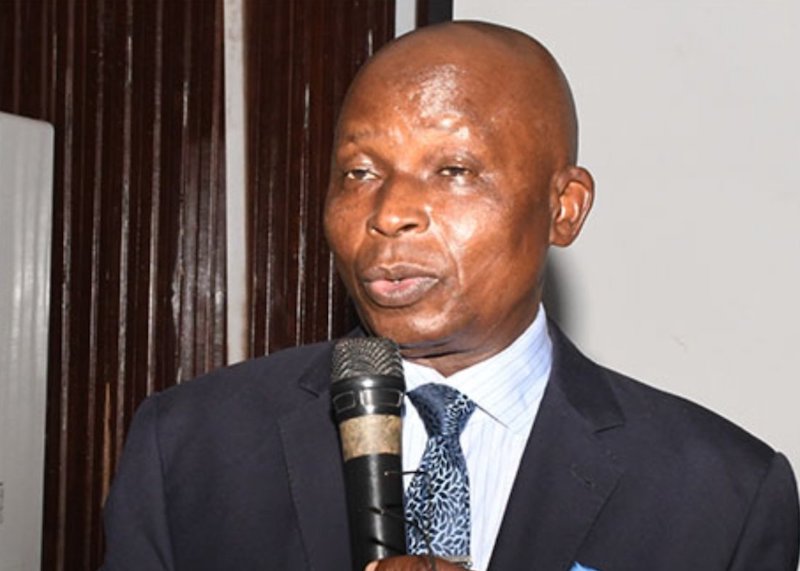The House of Representatives Committee on Health Institutions, has called for more investments in human resources to stem the ‘japa’ syndrome in the medical sector.
By EricJames Ochigbo
The House of Representatives Committee on Health Institutions, has called for more investments in human resources to stem the ‘japa’ syndrome in the medical sector.
The Chairman of the committee, Rep. Amos Magaji, (APC- Kaduna state) made the call on Wednesday in Abuja at a public hearing on 16 bills to establish various health institutions across the country.
Magaji said that migration of health workers from Nigeria to other countries in search for greener pastures possess significant challenge to the nation’s health care system.
According to him the mass exodus of health workers and professionals to other countries presents a significant challenge to Nigeria’s healthcare sector making the health sector severely understaffed.
“The need to reposition the healthcare sector to meet numerous emerging challenges is crucial to its improvement.
“To succeed in this era, a system that is well invested on human resources and medical intelligence as the backbone of the health sector is required.
“The administrative appointment of capable persons based on merit in hospital management also has a role to play.
“Proper human res
ource management is critical to providing high-quality health care. Effective human resource management strategies are critical for improving health-care outcomes and access in Nigeria.
“As arguably the most important of the health system inputs, the performance and benefits the system can deliver depends largely on the knowledge, skills, and motivation of those responsible for providing health services.
“It goes without saying therefore, that this aspect of our health sector must be invested in to ensure a thriving and performing sector,” he said.
Magaji said the core of the hearing was to provide guidance on the actualisation of the Federal Government’s commitment to improve the healthcare sector through the wide distribution of
healthcare institutions across the country.
He added that as a result of the growing population, there was need for reference hospitals closer to the people, particularly in rural and suburban areas.
According to him, tertiary health institutions in Nigeria are designed to provide tertiary healthcare services to complement primary and secondary care in the national healthcare system,
In order to develop and expand the country’s training institutions and ensure an equitable distribution of health manpower, the Federal Government must balance the inequality in the distribution of tertiary institutions across the country.
In his remarks, the Minister of Health, Prof. Mohammed Pate, said that the ministry remains enthusiastic and supportive of every effort geared toward ensuring growth and progress in the health sector.
Represented by a Director in the Ministry, Dr. Jimoh Salahudeen, the minister, however, kicked against duplication of medical institutions.
He said that establishment of more health institutions will be additional financial burden on government.g
“The government is cutting down on the cost of governance by pruning down agencies of government.
“The ministry appreciate the effort of the House of the Representative in deepening healthcare services,”he said
Pate said that the migration of health workers and the epidemics and their emerging trend underscore the need for Nigeria to have enough and efficient health workforce that will be readily available when there are any health emergencies.
“The Federal Ministry of Health has no objection to the establishment of the proposed Federal Tertiary Health Institutions.
“However, this should be based on merit, considering geographical spread, burden of disease in the proposed location, population density as well as support from the host community and other stakeholders,” he said.
The Chief Medical Director, University of Maiduguri Teaching Hospital, Borno Prof. Ahmed Ahidjo, emphasised on the need for more training institutions
He said that they are many qualified prospective students who want to study in the medical fields but the available institutions cannot contain them.
He lauded the bills seeking to establish medical institutions of learning saying it will take youths from the streets and prevent insecurity from escalating. (NAN)




